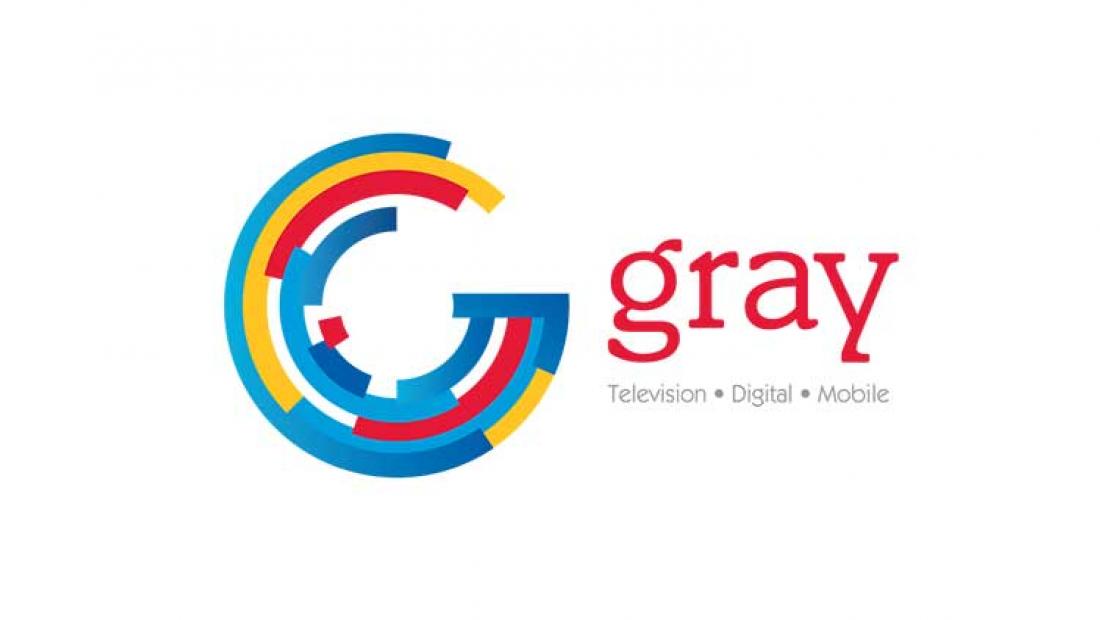Gray Fights Half-Million-Dollar FCC Fine
Said its Alaska station purchase did not involve affiliation swap

The smarter way to stay on top of the multichannel video marketplace. Sign up below.
You are now subscribed
Your newsletter sign-up was successful
Gray Television is fighting the FCC's unprecedented half-million-dollar fine related to its purchase of an Alaska TV station, saying it was a case of "mistaken identify."
Gray, in asking the FCC to cancel the fine, said it was not the "willful and repeated violator of Commission rules" that the FCC characterized, that the deal complied with the rules and that the result has been improved service to anchorage, for which Gray should be "lauded" not "punished."
In a first for an acquisition of a network affiliation, the FCC last month proposed to fine Gray Television a half million dollars for "willfully and repeatedly" violating the commission's prohibition on owning two of the top-four rated full-power TV stations in a market.
The FCC move had drawn applause from MVPDs.
It was the first time the commission proposed fining an affiliation purchase for resulting in what it said was a violation of its prohibition on owning two of the top-four rated TV stations in a market.
The proposed fine stemmed from Gray's acquisition of the CBS affiliation of KTVA-TV--which went dark--when it already owned NBC affiliate KTUU-TV, both in Anchorage, Alaska. At the time the stations were ranked number one and two in the market. Gray put the CBS programming on its KYES-TV Anchorage, but then moved it to a co-owned low power station and simulcast it on a digital subchannel of KTUU-TV.
In 2016, the FCC clarified that its rule on owning two of top four stations barred "the common ownership of two top-four stations with overlapping contours in the same DMA through the acquisition of a network affiliation."
Gray laid out its case for why the FCC was way off base.
1. "Gray’s purchase of assets from KTVA(TV) did not involve any swap of affiliations and was not the “functional equivalent” of a license transfer; in fact, the transaction was structured in precisely the same manner as a prior Gray purchase of a Big Four affiliation for a MyNetworkTV-affiliated full power television station as part of a transaction that the Commission intensely reviewed and approved and never mentioned as violating the rule against swaps;
2. "The transaction did not result in Gray’s KYES-TV becoming a Top 4 station because KYES-TV was already a Top 4 station at the time of the transaction, and Gray acquired that station with the Commission’s approval subject only to the condition that KYES-TV not add a Big Four network affiliation to the station before February 2018;
3. "Gray purchased the Anchorage CBS affiliation after the network inquired about Gray’s interest and participated in moving the affiliation to KYES-TV, bringing the Anchorage transaction squarely within an exception to the rule that the Commission adopted; and
4. "Gray’s transaction advanced the public interest by saving jobs in an economy that was in recession long before the pandemic crippled local businesses, by expanding local news hours and resources in Anchorage (as well as Juneau), by providing more and higher quality advertising opportunities for advertisers, and by permitting the state’s dominant cable operator to enter into a novel retransmission arrangement to expand access to local broadcast stations to local households."
Gray said that any one of the above leads to the conclusion the proposed fine must be canceled given that it is based in a "novel and retroactive re-interpretation of the five-year-old rule against swaps," even if the FCC announces a "new rule" against such network affiliation moves.
Gray said the FCC lacks the authority to apply such a new rule without notice or comment, and while such a rule would likely not harm viewers in large markets like New York and D.C., it said, where they "already enjoy the best that local television has to offer," it "surely will result in second-class citizenship for TV viewers in small markets like Anchorage, where smaller populations can’t generate sufficient revenues to support many independently owned news producing television stations."
In short, it said, the FCC's decision works against, not for, the public interest the commission is sworn to serve.
The smarter way to stay on top of the multichannel video marketplace. Sign up below.
Contributing editor John Eggerton has been an editor and/or writer on media regulation, legislation and policy for over four decades, including covering the FCC, FTC, Congress, the major media trade associations, and the federal courts. In addition to Multichannel News and Broadcasting + Cable, his work has appeared in Radio World, TV Technology, TV Fax, This Week in Consumer Electronics, Variety and the Encyclopedia Britannica.

